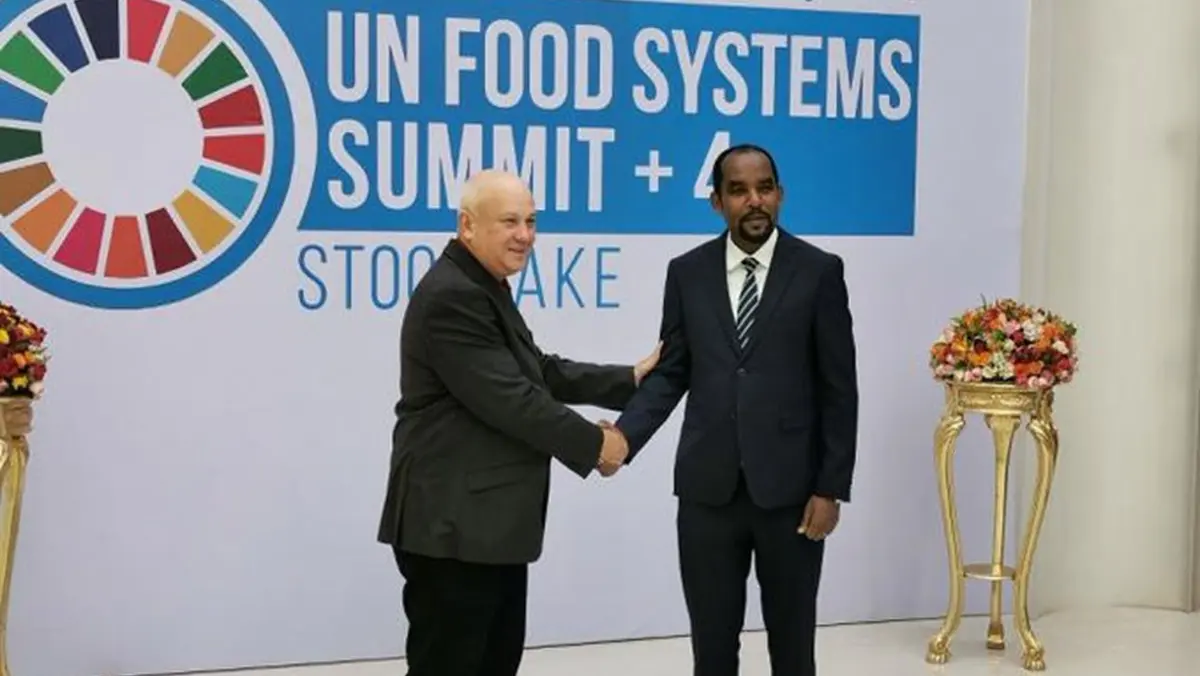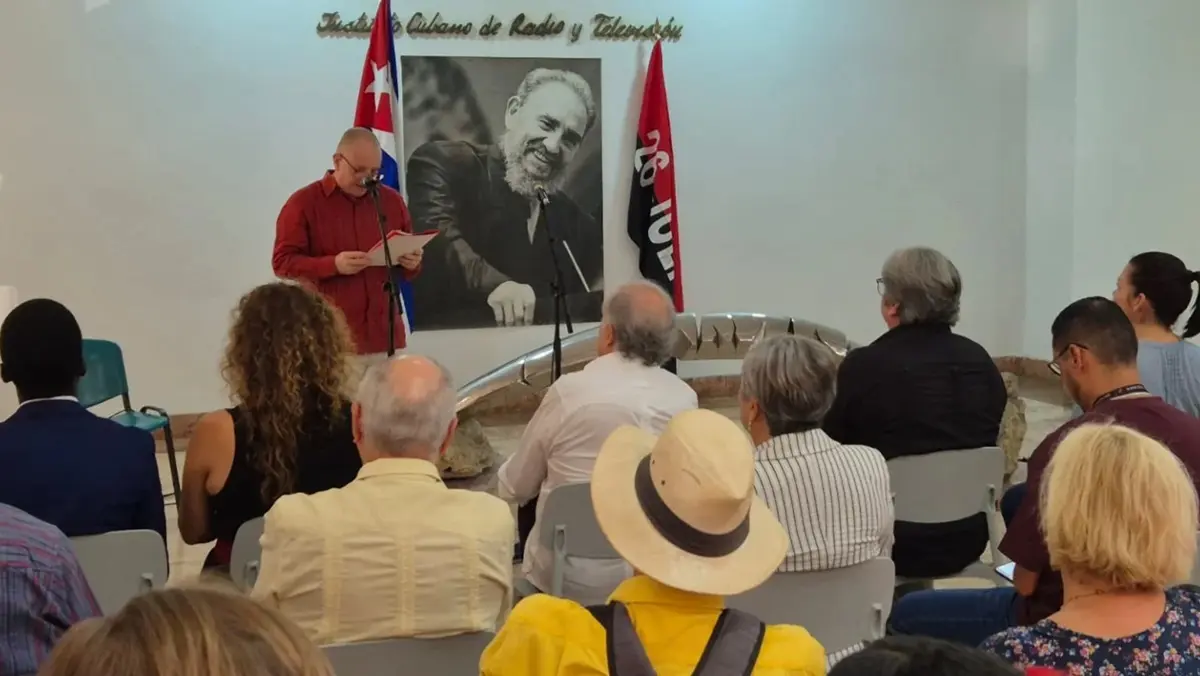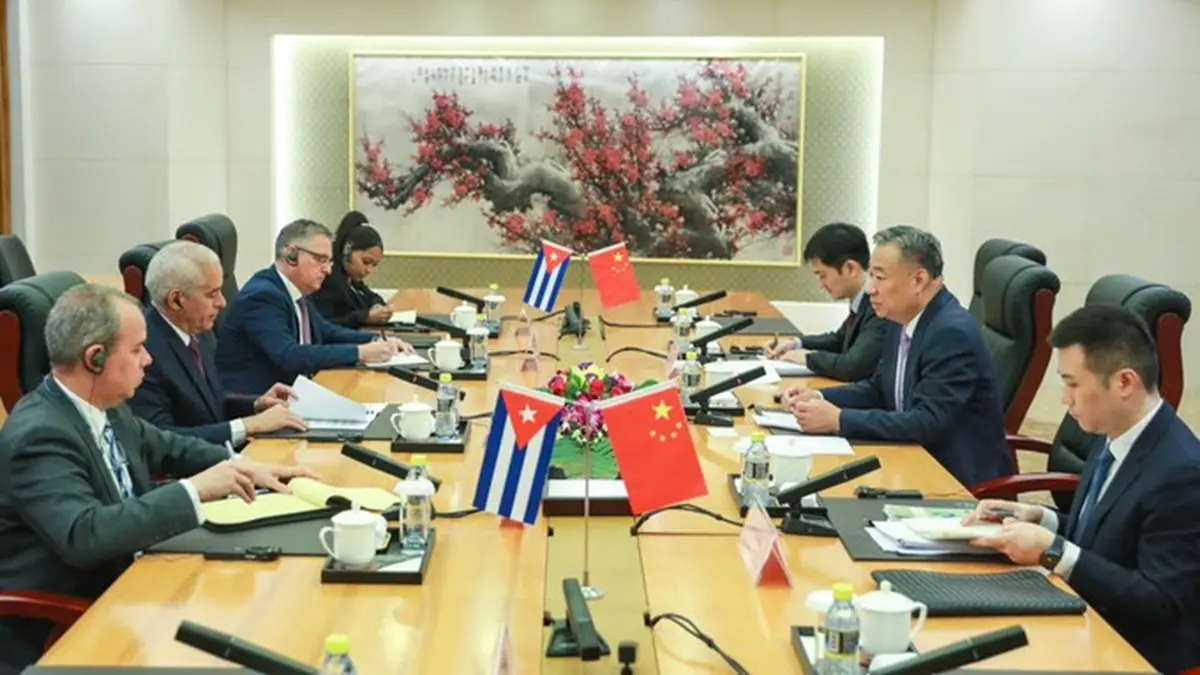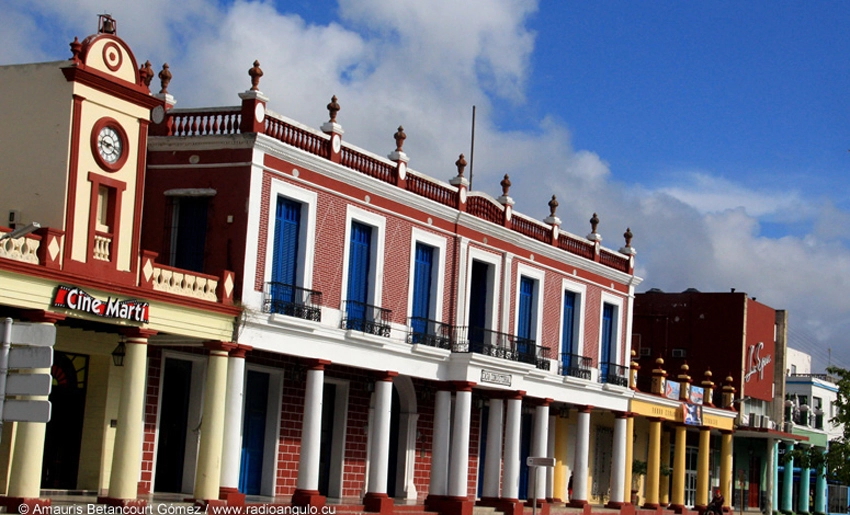Cuban President Defends Internet Rate Hike to Prevent Service Collapse

Cuban President Miguel Diaz-Canel X/ @ComunicaJc
June 6, 2025 Hour: 7:57 am
Diaz-Canel emphasized that his administration will not shy away from dialogue on this ‘highly sensitive’ issue.
On Thursday, Cuban President Miguel Diaz-Canel said that the recent hike in internet service rates by the state-run telecommunications company ETECSA is necessary to prevent a technological collapse in the country’s communications infrastructure.
RELATED:
Trump Decree Imposes Entry Restrictions on Multiple Countries, Including Venezuela and Cuba
“We are in a complex technological situation, one that we can still avoid by implementing the measures we have proposed. If we don’t act, we would be dangerously close to a technological collapse. And if that were to happen, people would be asking: ‘Why didn’t you do anything?’ That is one of the reasons that explains the necessity of this measure,” he said.
Diaz-Canel emphasized that his administration will not shy away from dialogue on this “highly sensitive” issue, in response to calls from various social sectors seeking solutions to alleviate public dissatisfaction with the measures.
“The leadership of the Revolution will never avoid dialogue with the people, because our reason for existing is to serve the people. It is in fulfilling that duty that we stand by ETECSA’s recent measures,” Diaz-Canel said, acknowledging communication and design flaws in the implementation of the new policies.
“For that same reason, we want to communicate the decisions we’ve made with absolute transparency, as well as the potential adjustments we are compelled to consider,” he added.
Speaking on the rationale behind ETECSA’s decisions, company president Tania Velazquez stressed that the telecommunications sector requires new investments due to its rapid growth and its reliance on imports.
“We depend on imported technologies that are integrated into our systems. Certain failures have emerged within this infrastructure,” she said, warning that ongoing maintenance and renewal are essential to avoid a widespread breakdown of Cuba’s telecom system.
Velazquez noted that internet is among the most widely used and accepted services in Cuba, a country that currently has over 8 million phone lines, 7 million of which are internet-enabled.
This has been made possible by the installation of more than 5,600 radio base stations, about 50% of which do not have power backup systems in the event of electricity outages. Currently, over 100 radio base stations are out of service due to breakdowns. Addressing these failures is costly — repairing a single station can run up to US$100,000.
Due to the U.S. embargo on Cuba, solutions to internet service interruptions caused by power rationing are not immediately feasible. The country would need about US$4.2 million to purchase roughly 2,800 backup battery units for the radio base stations.
Velazquez highlighted that monetary shortages like these have resulted in more than 25,000 interrupted internet services across the country, 24% of which have been inactive for over six months.
In light of these circumstances, Diaz-Canel acknowledged that the government’s public communication strategy failed to explain the reasoning behind ETECSA’s decisions.
Taking advantage of this climate, right-wing transnational-backed activists launched smear campaigns against the Cuban Revolution, spread fake news about alleged mass protests, and tried to mobilize students frustrated with the changes to internet service conditions.
Diaz-Canel emphasized that Cuban students have not allowed themselves to be manipulated and are exercising their right to demand solutions from ETECSA through institutional channels. For that reason, the president stressed the importance of building decisions collectively, giving young people a leading role as they contribute knowledge and proposals from their academic institutions.
He also clarified that, while the measures taken by the Cuban Telecommunications Company are not ideal, they are necessary given the limitations imposed by the U.S. embargo. In this context, ETECSA will continue working to ensure the most equitable access possible to internet services.
Finally, Diaz-Canel reaffirmed his commitment to monitoring results, adjusting measures, and making the use of generated revenue transparent.
teleSUR/ JF
Source: Desde la Presidencia






